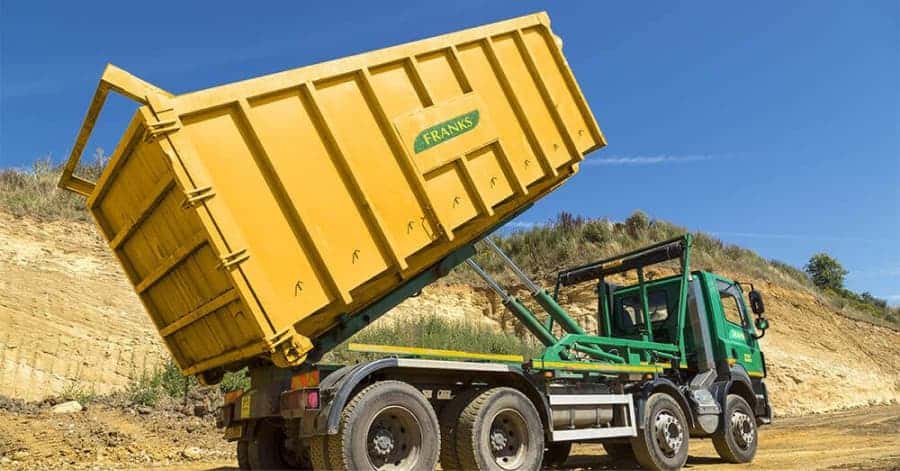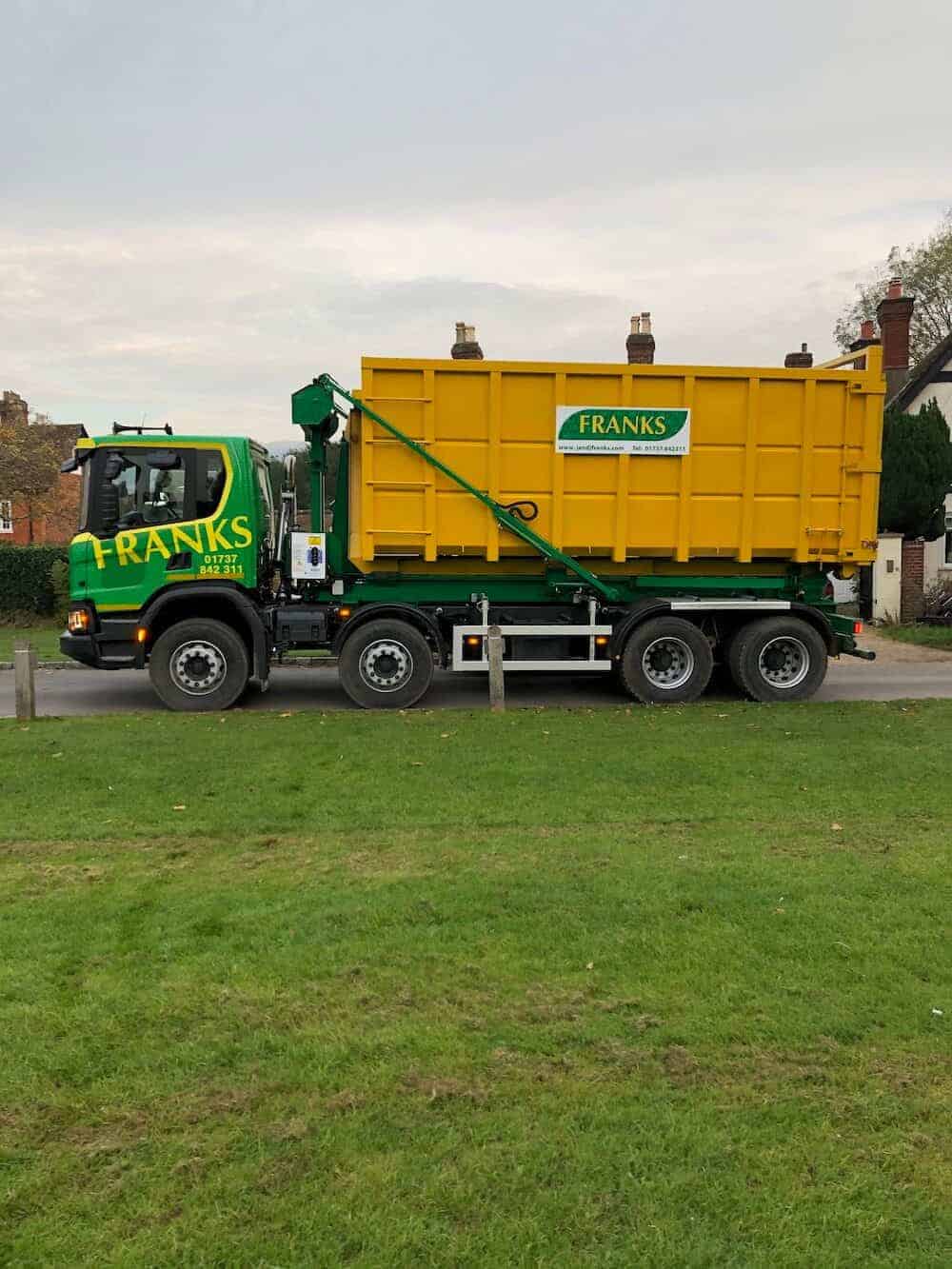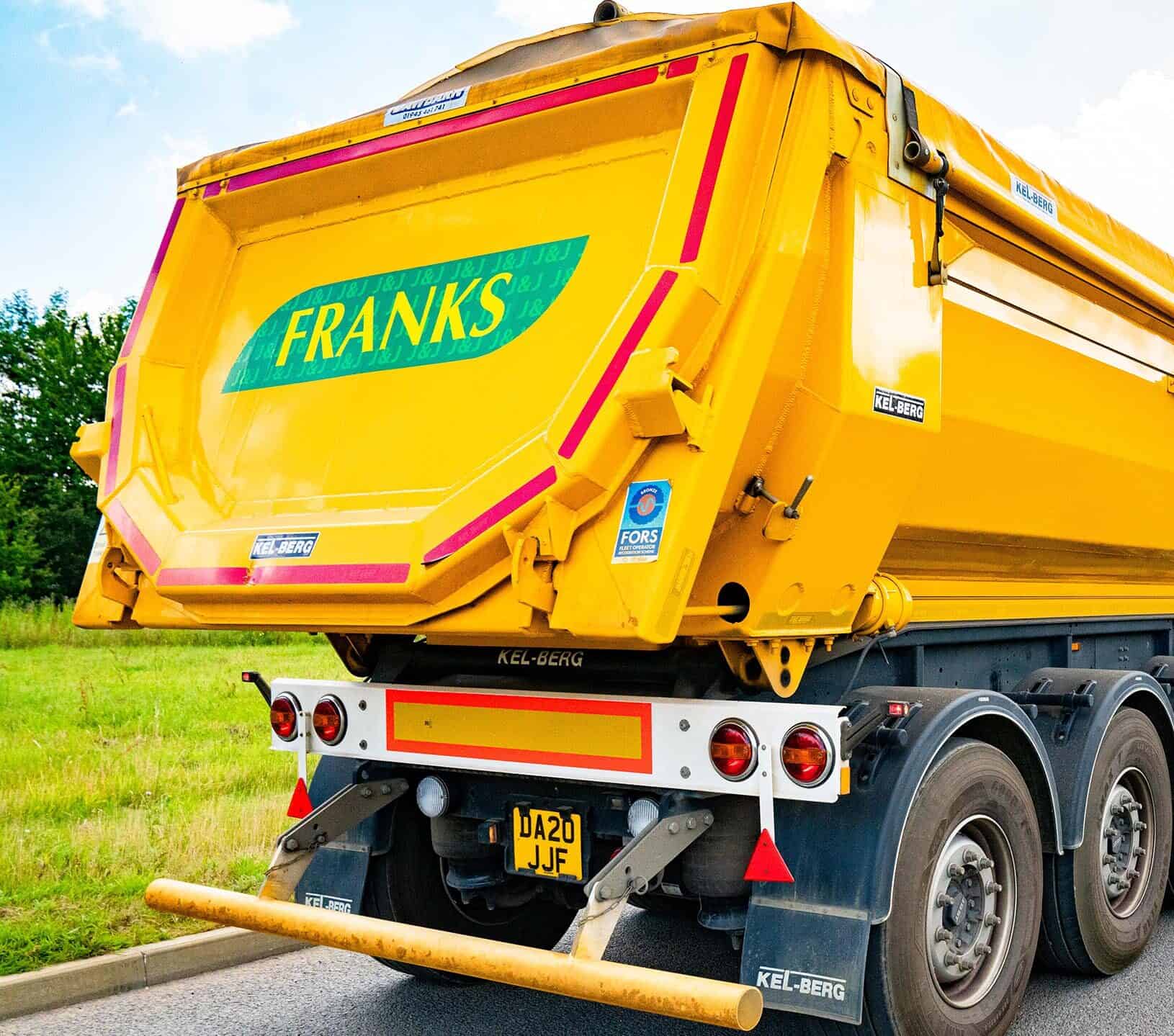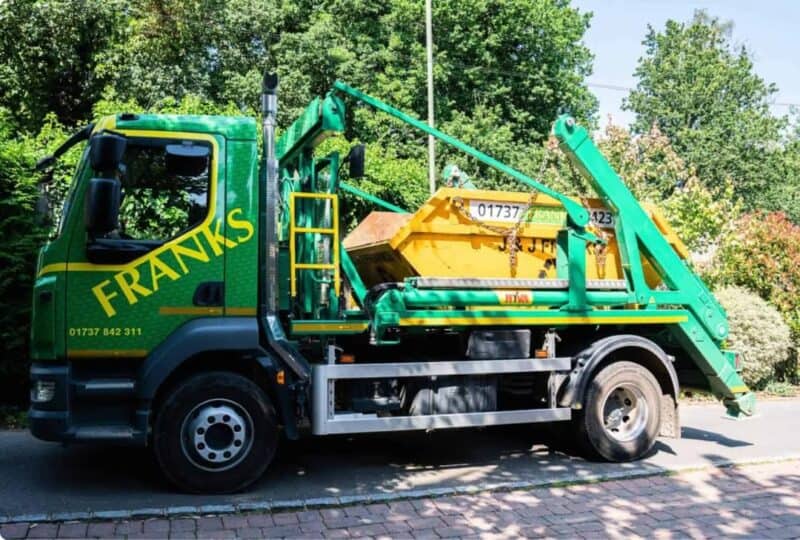Efficient waste management is a critical aspect of any commercial project, and selecting the right waste removal solution is essential for maintaining a clean and compliant site. RORO containers are increasingly becoming the go-to choice for many commercial projects due to their versatility, capacity, and cost-effectiveness.
What Are RORO Containers and How Do They Work?
RORO containers, short for Roll-On/Roll-Off containers, are large, high-capacity containers used for the storage and transportation of substantial volumes of waste. As the name suggests, these containers are designed to be easily rolled on and off specialised vehicles, which allows for quick and efficient loading and unloading. RORO containers come in various sizes, typically ranging from 20 to 35 cubic yards, making them suitable for handling large volumes of waste that are often generated in commercial settings.
The operation of RORO containers is relatively straightforward. A lorry equipped with hydraulic systems transports the container to the site and rolls it off to the desired location. When the container is full, the same lorry will return, roll the container back onto the vehicle, and transport the waste to a recycling or disposal facility. This process is highly efficient, reducing the need for manual handling and minimising downtime on site.
What Types of Commercial Projects Benefit Most from RORO Containers?
RORO containers are particularly beneficial for large-scale commercial projects where substantial waste volumes are generated. Here are some types of projects that can gain the most from using RORO containers:
- Construction and Demolition Projects: Large construction and demolition sites generate significant amounts of waste, including rubble, concrete, metal, and timber. RORO containers provide the capacity to handle these bulky and heavy materials, ensuring that waste is removed promptly and the site remains safe and uncluttered.
- Industrial and Manufacturing Sites: Facilities that involve manufacturing or industrial processes often produce vast quantities of waste, from packaging materials to scrap metal. RORO containers offer a practical solution for managing such waste efficiently, especially when frequent collection is needed.
- Retail and Commercial Developments: New developments and major refurbishments often require substantial waste management solutions to handle the debris, old fixtures, and other waste materials generated during the process. RORO containers can be strategically placed to manage this waste, helping keep the site clean and operational.
- Events and Festivals: Large events, festivals, and public gatherings can produce a massive amount of waste over a short period. RORO containers offer a way to manage this waste effectively, ensuring that the site is kept tidy and waste is disposed of in compliance with regulations.
What Considerations Should Be Taken into Account When Choosing a RORO Container for a Project?
When choosing RORO containers for a commercial project, several factors should be considered to ensure that the solution is fit for purpose:
- Size and Capacity: The size of the RORO container should match the scale of the project and the volume of waste expected to be generated. A container that is too small may require more frequent collections, leading to higher costs, while an overly large container might occupy unnecessary space on the site. It’s essential to assess the project’s waste output accurately to select an appropriate size.
- Type of Waste: Different types of waste may require specific types of containers. For example, hazardous waste such as asbestos or chemicals cannot be mixed with general construction waste. It’s crucial to understand the waste types being generated and ensure that the chosen RORO container is acceptable for their safe storage and transport. For a brief look into what classifies as suitable waste types, click here.
- Site Access: RORO containers require adequate access for the lorry to deliver and collect them. Assessing the site layout and ensuring there is enough space for manoeuvring is essential. Narrow access points or overhead obstructions may necessitate alternative waste management solutions.
- Frequency of Waste Removal: The frequency of waste removal will depend on the project’s pace and waste generation rate. Discussing the schedule with the RORO container provider will help ensure that the waste is collected at appropriate intervals, avoiding site clutter and maintaining smooth operations.
- Compliance with Regulations: Ensuring that the RORO containers are used in line with waste disposal regulations is vital. Working with a professional waste management provider like J&J Franks, which understands regulatory compliance, can help avoid potential legal issues.
How Can RORO Containers Help in Managing Compliance with Waste Disposal Regulations?
Compliance with waste disposal regulations is a top priority for every commercial project. Failure to adhere to these regulations can result in fines, project delays, and reputational damage. RORO containers can play a crucial role in helping businesses manage compliance effectively.
- Segregation of Waste: One of the key requirements of waste management regulations is the proper segregation of waste types. RORO containers can be used to separate different types of waste—such as inert, non-hazardous, and hazardous materials—ensuring that each type is handled according to legal standards. This reduces the risk of cross-contamination and ensures that recyclable materials are not unnecessarily sent to landfill.
- Accurate Documentation: Professional waste management providers like J&J Franks maintain accurate records of all waste collections, transportation, and disposal. This documentation is crucial for demonstrating compliance with environmental regulations. RORO containers make it easier to manage and document large volumes of waste efficiently, providing clear records that can be audited when necessary.
- Licensed Facilities: Waste collected in RORO containers should be transported to licensed facilities that comply with environmental standards. This ensures that waste is processed responsibly, whether it’s being recycled, reused, or disposed of. Working with a licensed waste management provider guarantees that the waste is handled in line with the required regulations.
- Reducing Environmental Impact: By using RORO containers, businesses can manage waste more sustainably. Efficient waste removal and recycling reduce the carbon footprint associated with multiple trips to the disposal site, as one large RORO container can often replace several smaller skip hires.
RORO containers offer a versatile and efficient solution for waste management in large-scale commercial projects. Their high capacity, ease of use, and adaptability make them ideal for various sectors, from construction and demolition to events and manufacturing. By understanding the benefits and considerations associated with using RORO containers, businesses can make informed decisions that enhance operational efficiency, ensure compliance, and support sustainable practices.
J&J Franks is committed to providing comprehensive waste management solutions, including the provision of RORO containers for commercial projects. With our expertise and dedication to sustainability, we ensure that your project’s waste management needs are met effectively. For more information on our RORO container services or to discuss your project requirements, please contact us today.










